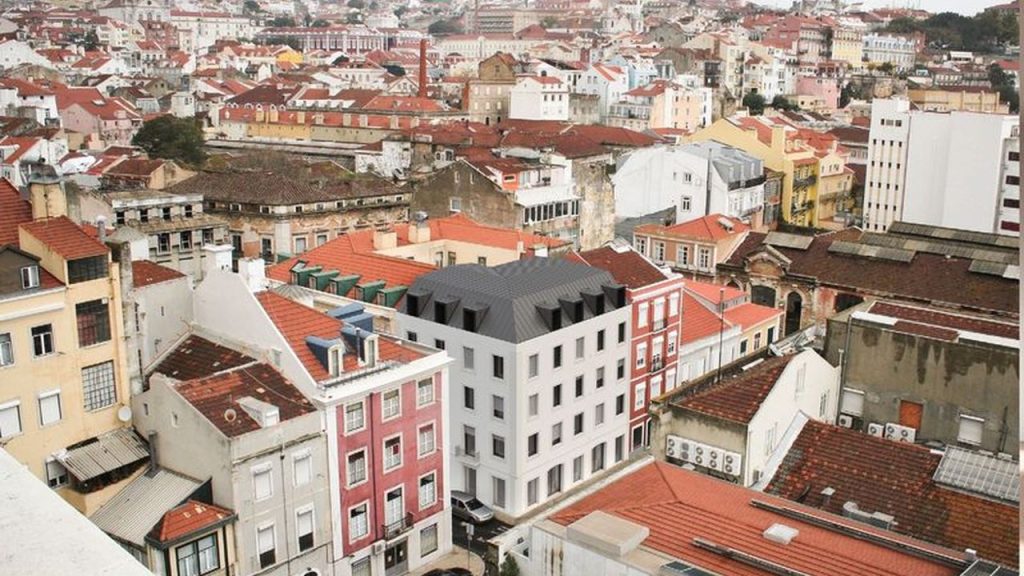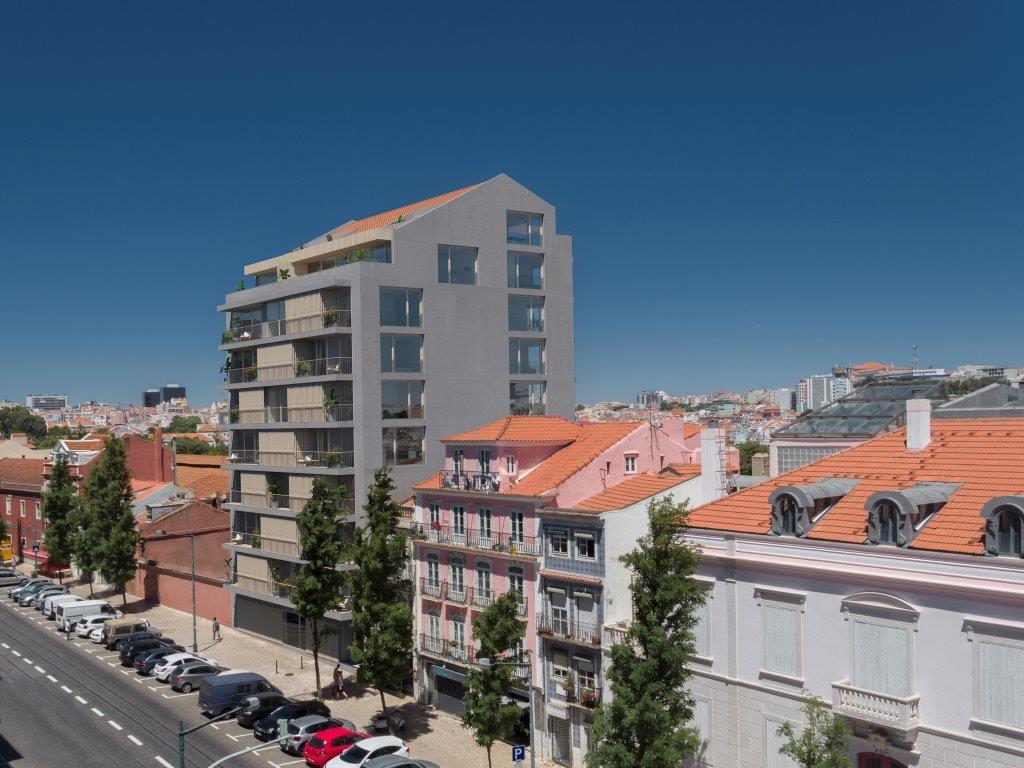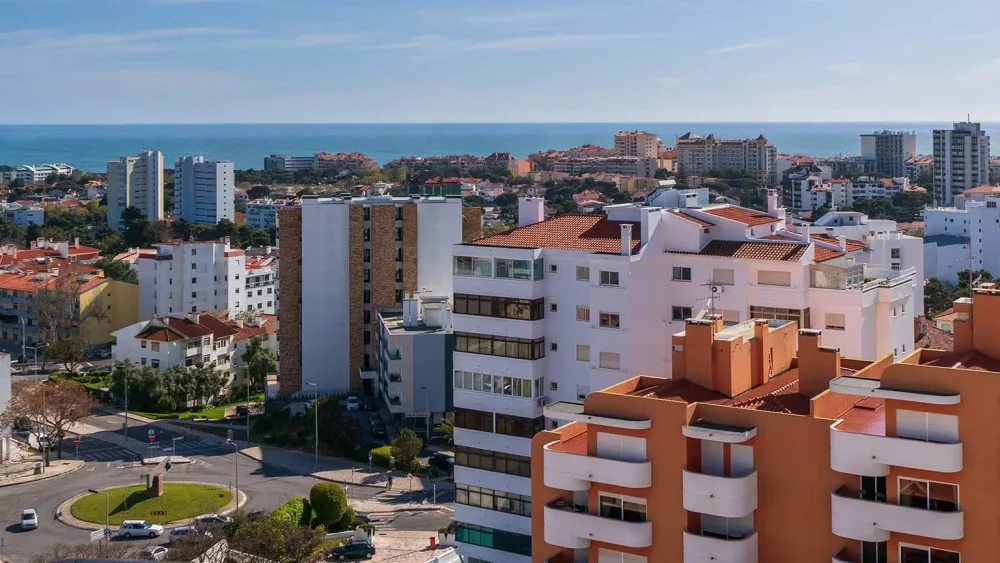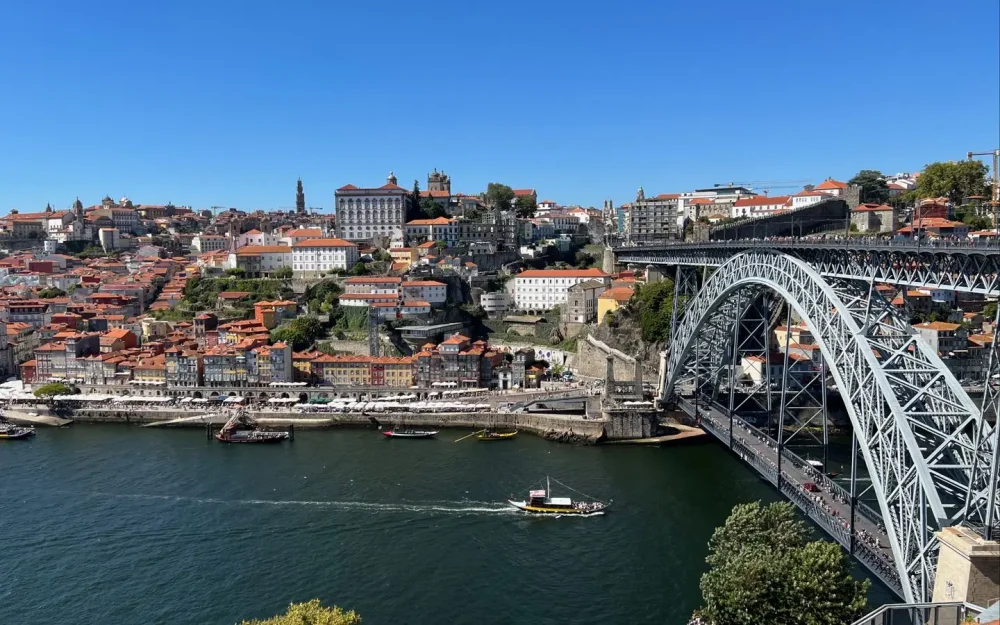Buying a flat in Portugal means taking a step towards life in one of the most colourful and welcoming countries in Europe. Portugal beckons with its mild climate, rich history, delicious food and magnificent nature. From picturesque mountain landscapes to the lively urban rhythm of Lisbon and the quiet corners of the Algarve, there is something for everyone.

Peculiarities of the property market in Portugal: why here?
The Portuguese property market continues to gain momentum, and for good reason. Firstly, the country offers one of the most favourable rental income schemes in the world. The average growth in property values here is 3-4% per year, which makes Portugal attractive to those looking for a reliable way to invest their capital. Tax incentives for new owners and the possibility of a Golden Visa for investors are also key advantages.
Step-by-step instruction: how to buy a flat in Portugal
 The first step in buying a property in Portugal is to determine your goals and budget. Decide whether you need the property for permanent residence, seasonal holidays or rental income. For example, flats in Lisbon cost from 3 500 euros per square metre, while in the Algarve – from 2 500 euros per square metre. These prices allow everyone to choose the right option. The best places to rent are in popular tourist areas, such as Lisbon and the Algarve, where renting can bring an income of up to 10-12% per year.
The first step in buying a property in Portugal is to determine your goals and budget. Decide whether you need the property for permanent residence, seasonal holidays or rental income. For example, flats in Lisbon cost from 3 500 euros per square metre, while in the Algarve – from 2 500 euros per square metre. These prices allow everyone to choose the right option. The best places to rent are in popular tourist areas, such as Lisbon and the Algarve, where renting can bring an income of up to 10-12% per year.
Selection of region and type of facility
Portugal offers different housing options depending on preferences. Lisbon offers the most rental investment opportunities, while Porto is suitable for those who value a quiet lifestyle. It is important to take into account that the cost of metres also depends on the infrastructure: for example, apartments with an ocean view will be more expensive in the Algarve. It is also worth paying attention to the proximity to transport, schools, hospitals and other infrastructure, which significantly increases the value of the property.
Working with an agent
Look for a professional who knows the market. Hiring an experienced agent is an important step as the agent will help you avoid pitfalls and suggest the best properties to suit your budget. Portuguese professionals usually charge a commission of 3-5% of the transaction value. Agents can also help with document verification and legal clearance of the property, which is critical to avoid fraud.
Document preparation
In order to buy a flat in Portugal, you will need to obtain a taxpayer identification number – NIF. You will also need documents proving your financial solvency, such as a certificate of income. The NIF can be issued at the local tax office or through the consulate. It is also necessary to provide bank statements confirming the availability of funds for the purchase, and a certificate of absence of debts. All documents must be translated into Portuguese and notarised.
Closing the deal
At the first stage, a preliminary contract – Contrato-Promessa de Compra e Venda (CPCV) – is concluded, in which all the terms and conditions of the transaction are stipulated. The deposit is usually 10-15% of the value. The notary then draws up the final contract of sale, which guarantees the legality and transparency of the procedure. Notary costs are about 1-2% of the property value. It is also necessary to pay property transfer tax (IMT), the rate of which varies from 1% to 8% depending on the value of the property.
Secondary housing or new buildings
What to choose:
-
Secondary housing in Portugal is usually located in historic neighbourhoods and offers a unique atmosphere. However, it is important to bear in mind that renovating such properties can be a significant expense. For example, the average cost of renovation is 500-1,000 euros per square metre, depending on the condition of the building and the materials chosen. In addition, such flats often require modernisation of water supply and heating systems.
- New buildings are an opportunity to live in modern and energy efficient housing. The cost of new buildings in Lisbon starts from €3,500 per sq.m., and buyers can often take advantage of convenient instalment schemes from the developer. There are also swimming pools, car parks and gated communities to add to the level of comfort.
Mortgage in Portugal: what do foreigners need to know?
Portuguese banks are open to co-operation with foreign buyers, and a mortgage for a flat in Portugal is available even for non-residents. Banks require a down payment of 20-30% of the cost of housing, and the average rate is 2.5-3.5% per annum. The maximum loan term is usually 30 years, but it may depend on the age of the borrower.
The stages of obtaining a mortgage:
- Pre-approval. Before you start looking for a flat, get bank approval for a mortgage. This will make the buying process much easier and help you plan your budget more accurately.
- Documents. You will need bank statements, proof of income for the last two years, as well as NIF and pre-sale agreement. You will also need a property valuation, which will be carried out by a licensed valuer.
- Mortgage formalisation. The bank will carry out an appraisal of the selected property to ensure that it is of market value, after which a mortgage agreement will be drawn up. Please note that the bank may require additional insurance policies such as life and property insurance.
Lisbon, Porto and the Algarve
Where is the best place to buy a flat in Portugal?
-
Lisbon. It is the capital and cultural centre of the country. Buying a flat in Lisbon means getting access to all the benefits of civilisation: universities, hospitals, business centres and excellent transport infrastructure. The neighbourhoods of Alfama and Bairro Alto are particularly popular, as they retain the traditional atmosphere of the city and offer many opportunities for renting out accommodation to tourists.
-
Porto. The city is known for its wine production and historical atmosphere. Here you can find more affordable housing options – an average of €2,500 per square metre. Porto is also famous for its unique views of the Douro River and its bridges, which create a special atmosphere. Neighbourhoods such as Foz do Douro are popular with those who want to live closer to nature and the ocean.
- Algarve. The best choice for those who want to live by the sea. Properties are often purchased here for holidays, as well as for investment purposes to rent to tourists. Prices for flats start from 2,000 euros per square metre and the climate and nature make the Algarve an ideal place to live. Albufeira and Lagos offer plenty of options with ocean views and access to beaches.
Conclusion
 Buying a flat in Portugal means choosing a country where quality of life, comfort and tradition are valued. Favourable conditions for foreign investors, affordable mortgage programmes, stable growth in property prices and a high level of security – all this makes Portugal an excellent choice for those looking for a second home or a reliable investment.
Buying a flat in Portugal means choosing a country where quality of life, comfort and tradition are valued. Favourable conditions for foreign investors, affordable mortgage programmes, stable growth in property prices and a high level of security – all this makes Portugal an excellent choice for those looking for a second home or a reliable investment.

In addition, obtaining a Golden Visa grants the right to reside in the country, which is particularly attractive for those who want to ensure that they and their family have access to a high level of education and medical care. Portugal combines European stability with a unique lifestyle where everyone can find their place in the sun.
 en
en  ru
ru  de
de  ar
ar  es
es  nl
nl  hi
hi  fr
fr  it
it  pt
pt  el
el 











